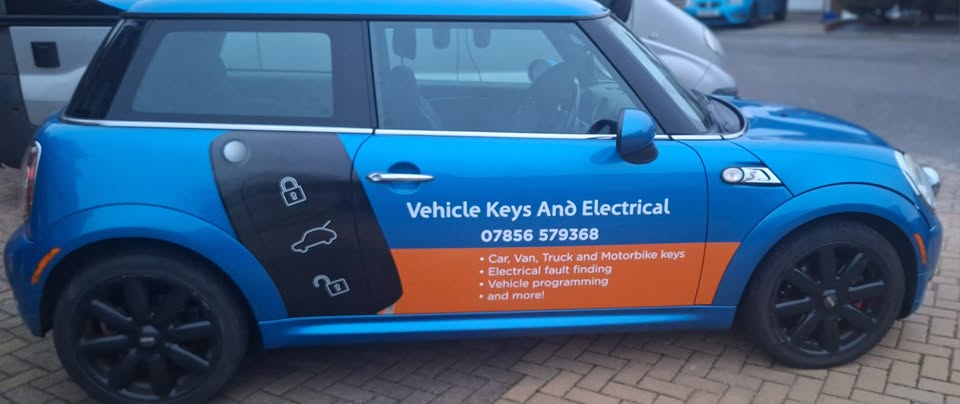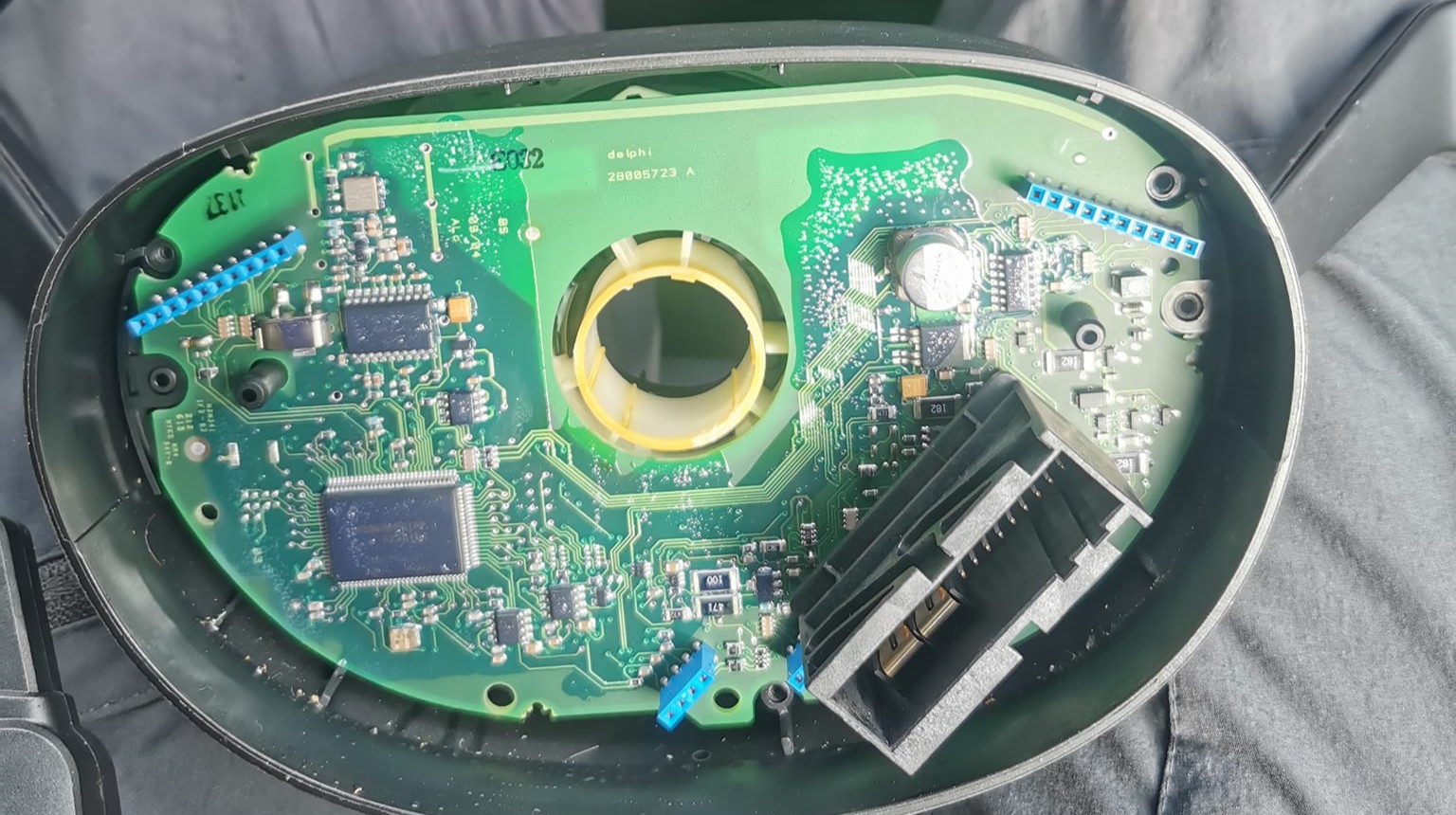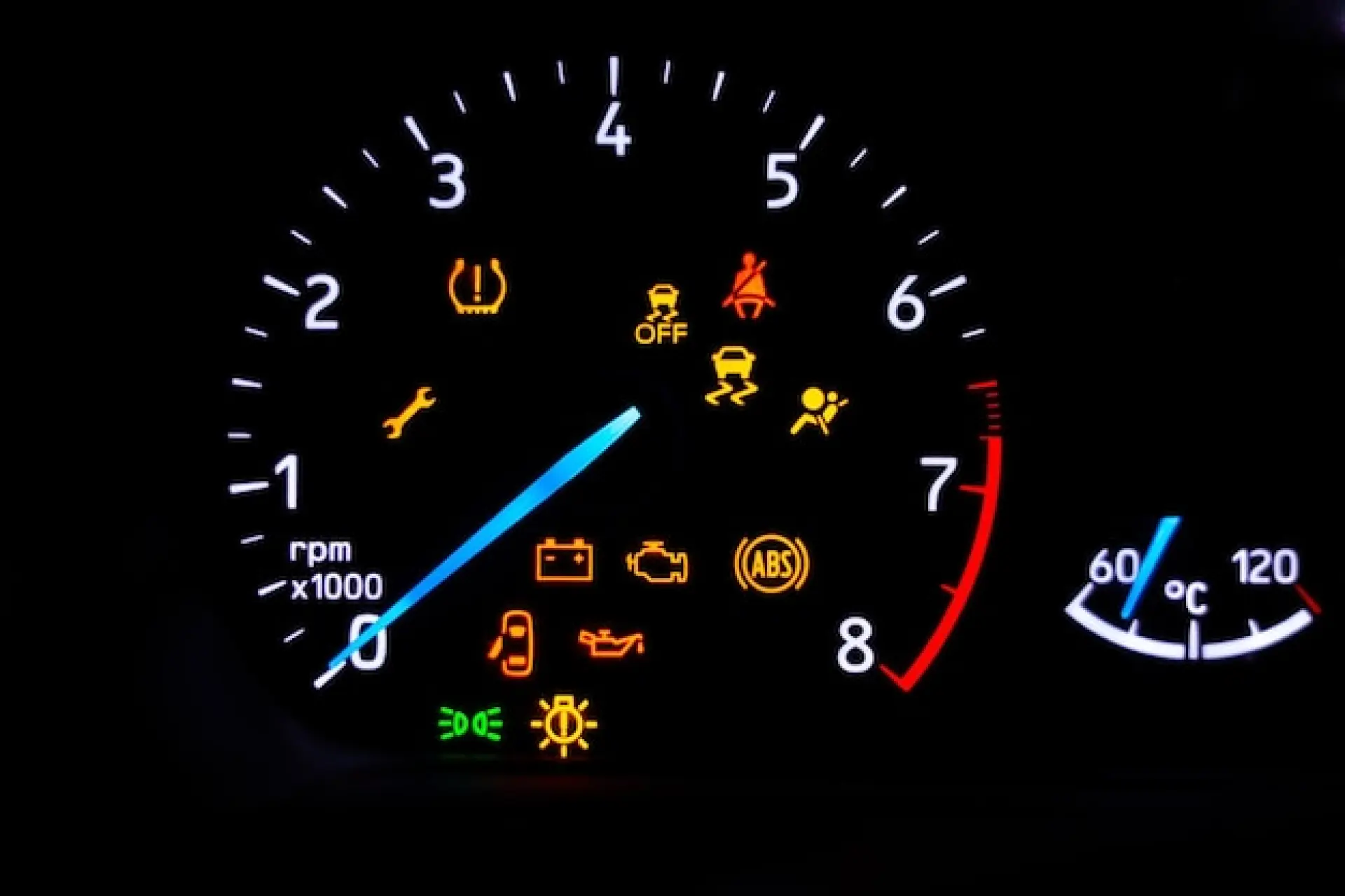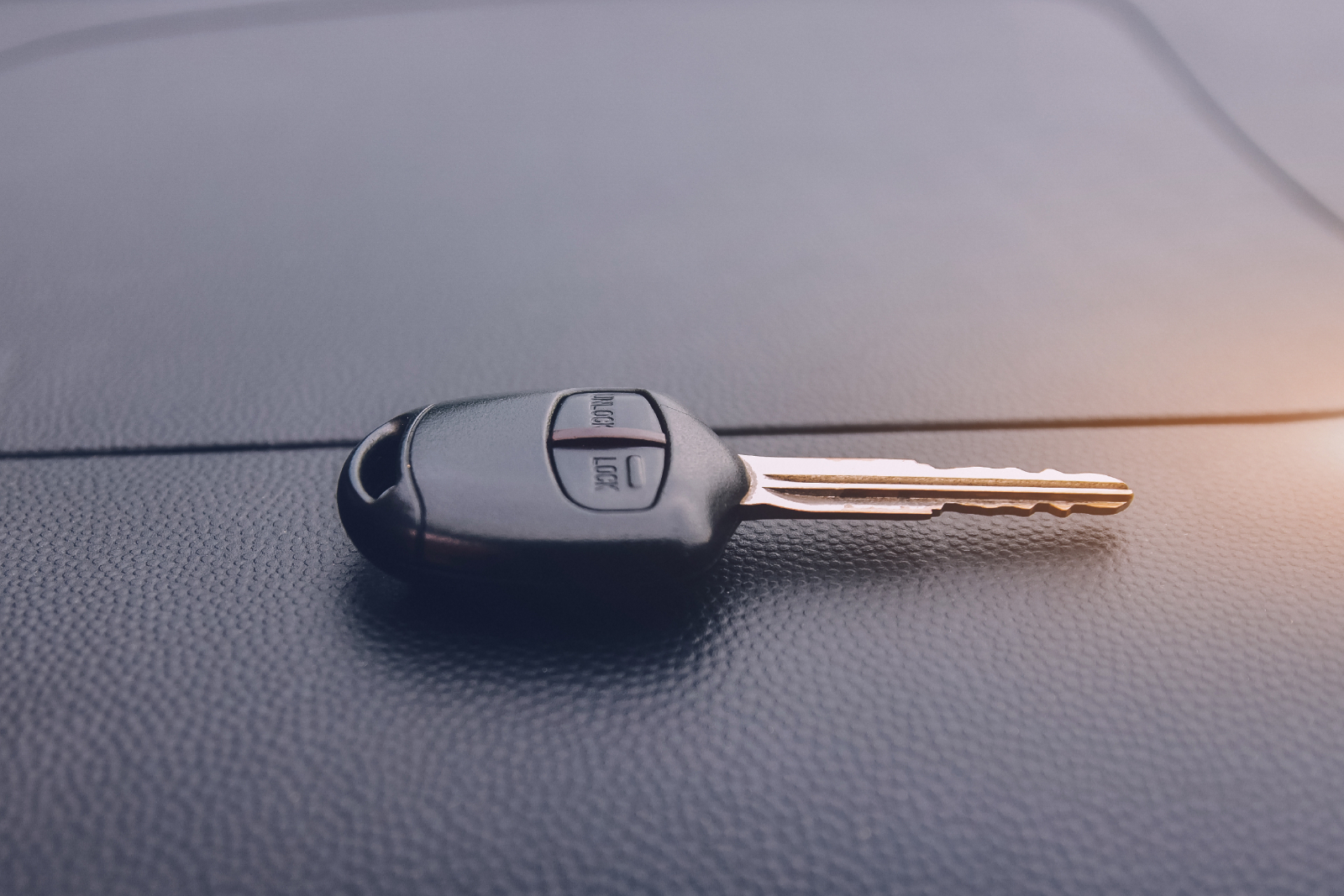Learn how to resolve the Most Common Car Electrical Faults. Practical advice for battery, alternator, and starter motor issues.
Battery Issues: Causes and Solutions
Car battery problems are among the most frequent issues in vehicle electrical systems. A dead battery is often caused by leaving lights on or by a faulty charging system. Corrosion on the battery terminals or a loose connection can also cause trouble. Regular maintenance can help prevent these issues. Make sure the battery terminals are clean and tightened. Testing your battery’s voltage regularly can help identify problems before they get worse.
Using an electrical diagnostic tool can also help diagnose these car electrical faults. If your battery keeps losing charge, it might be time to replace it. If you're unsure, consult an auto electrician for professional car electrical repairs.
Alternator Problems: Symptoms and Fixes
Another common issue is alternator failure. The alternator charges the battery while the car is running. If it fails, the battery will eventually die. Signs of a failing alternator include dimming headlights, a dead battery, or dashboard warning lights flickering. If you notice these signs, it’s important to get your alternator checked immediately.
Alternator problems can be fixed by replacing worn-out parts or, in some cases, the entire unit. Testing the alternator output with a voltmeter can help diagnose the problem. Professional car electrical services are recommended for this job, especially for those unfamiliar with car electrical repairs.
Starter Motor Failures: Why Your Car Won’t Start
Starter motor faults are a major reason why a car won't start. The starter motor is responsible for turning the engine over. If it fails, you might hear a clicking sound when turning the key.
Other signs include intermittent starting issues or complete silence when trying to start the car. Causes can include worn-out parts or a faulty solenoid. Checking your starter motor with electrical diagnostic tools can pinpoint the exact problem.
Replacing the faulty parts often resolves the issue. If you are unsure about the repairs, consult an expert for professional advice.
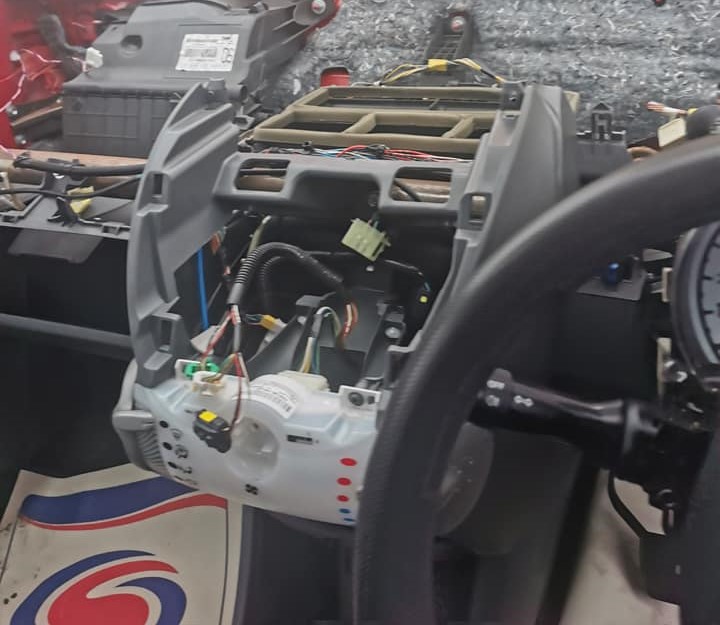
Faulty Wiring and Loose Connections
Car wiring issues can cause a multitude of problems, from blown fuses in cars to malfunctioning car headlights. Wiring can become damaged due to heat, age, or rodent activity. Loose connections, on the other hand, often occur due to vibrations and wear over time. This can lead to intermittent electrical faults, such as power window faults and car audio system issues.
Regular inspections can help identify potential wiring problems. If you suspect wiring issues, consult an auto electrician who can perform thorough electrical diagnostic tests and repairs. Preventative maintenance is key to keeping your car’s wiring in good condition.
Dashboard Warning Lights: What Do They Mean?
Dashboard warning lights are essential for indicating vehicle electrical system issues. Each light serves as a warning system for different problems. For example, a battery light could mean alternator failure, while a check engine light could indicate faulty sensors in cars or control module malfunctions.
Ignoring dashboard warning lights can lead to more severe damage over time, potentially leaving you stranded or causing further complications with your vehicle’s performance. Timely attention to these alerts not only helps maintain the longevity of the car but also ensures your safety on the road. Regularly servicing your vehicle and keeping an eye on warning lights can prevent minor issues from escalating into major, expensive repairs.
Electrical diagnostic tools can often identify the car's exact problem. If in doubt, always seek a professional to assist with diagnosing and fixing any warning light issues.
Our Auto Electricians in Lancaster are here to provide a number of car and vehicle electrical services. If you're experiencing issues with your car engine, battery, alternator, or more, give us a call today.

